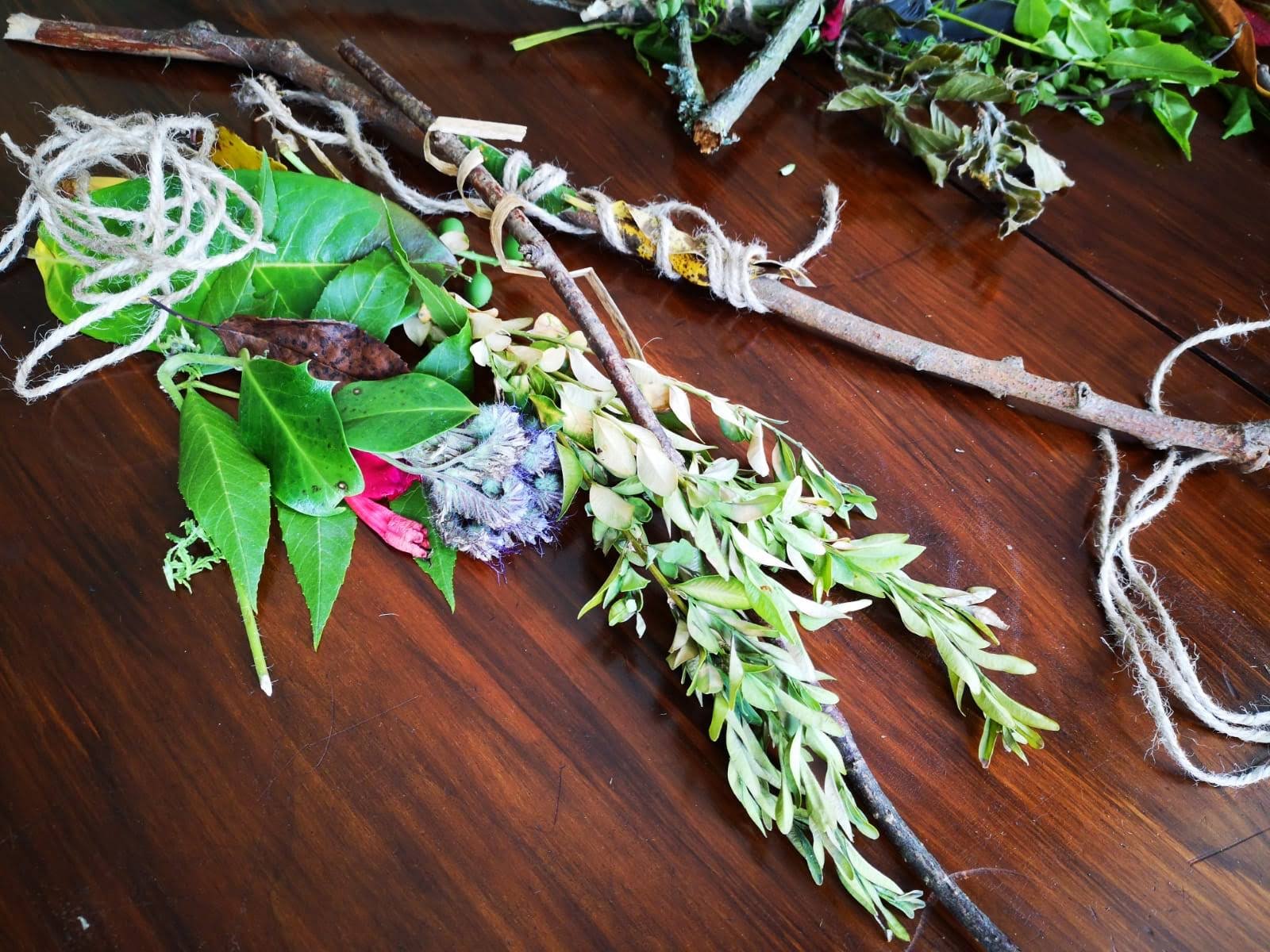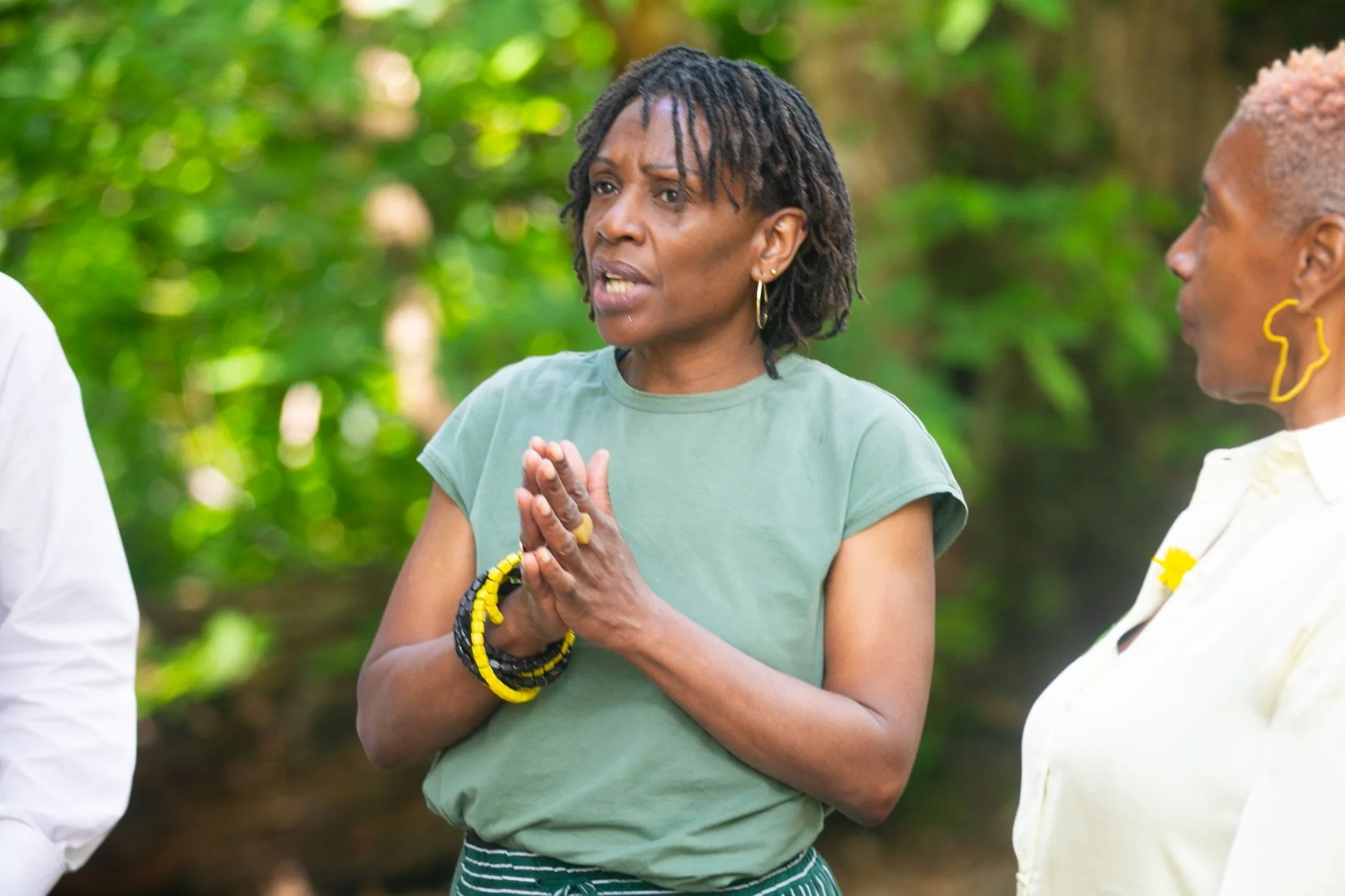
Reflective Practice & Group Facilitation for Creative Organisations
Support your creative team’s emotional wellbeing through expert-led Reflective Practice & Group Facilitation.
These peer-supported sessions strengthen group awareness, encourage shared insights across creatives in film, theatre, and performing arts, and embed strategies for sustainable resilience.
What Is Reflective Practice?
Reflective practice is a structured space for individuals and teams to explore emotional experiences, dynamics, and decision-making. It supports continuous learning by combining individual reflections with group dialogue to unpack assumptions, emotions, and group roles for deeper insight and collective growth.
Benefits of Our Reflective Practice & Facilitation
Through facilitated sessions, creative teams gain:
Increased team cohesion and emotional awareness—unlocking more authentic collaboration and trust.
Improved critical reflection—participants learn to examine practice meaningfully, fostering adaptive creativity.
Empowerment and conflict navigation—spaces where power dynamics and emotional challenges are safely explored and reframed.
Our Group Facilitation Formats
Reflective Practice Groups: 60–90 minute small-group sessions combining individual reflection (e.g. using Gibbs or Borton frameworks) with facilitated group dialogue.
Themed sessions: Focused themes such as burnout, creative block, or team decision‑making that encourage deeper shared learning.
Series or embedded programmes: Ongoing facilitation across several months to embed reflective habits and culture within teams.
Each session is trauma-informed, creative-sector aware, and attuned to your team’s working environment.
Looking for individual support? Check our Wellbeing Coaching (1:1 Services).
Reflective groups will be facilitated by an experienced TW facilitator who will lead sessions.
Where: In person or online
Frequency: weekly or fortnightly
Duration: 60 minutes
-
understanding the impact of traumatic experiences on individuals and creating a supportive atmosphere.
-
Addressing the emotional challenges that may arise from working on projects with sensitivity.
-
exploring strategies for self-care and stress management.
-
building connections with others who share similar experiences and offering mutual support.
-
The group will encourage mindfulness and practice relaxation techniques, grounding exercises, meditation and deep breathing to manage stress.
-
By exploring creative outlets you can find ways to express and process your emotions.
About Sam Llewellyn - this should be moved to a separate page
Sam brings over two decades of clinical and coaching experience, rooted in transpersonal psychotherapy, to facilitation in creative environments. She combines frameworks of reflective practice, action learning, and group facilitation to guide teams in becoming reflective, emotionally intelligent, and resilient. Her methods feel accessible, inclusive, and deeply supportive of group wellbeing and creative development.
FAQs
Who benefits from reflective practice sessions?
Creative professionals and teams (theatre, film crews, arts organisations) navigating emotional intensity, team change, burnout, or seeking deeper collaboration.
How are they delivered?
In-person or online, interactive format for 4–12 participants, tailored to group size and spatial context.
How often should sessions happen?
Initial pilot session followed by short series (3–6 sessions) provides the most impact and helps build reflective culture.
Is reflective practice the same as supervision or training?
No. These sessions are peer-supported and reflective—not clinical supervision or didactic training.




